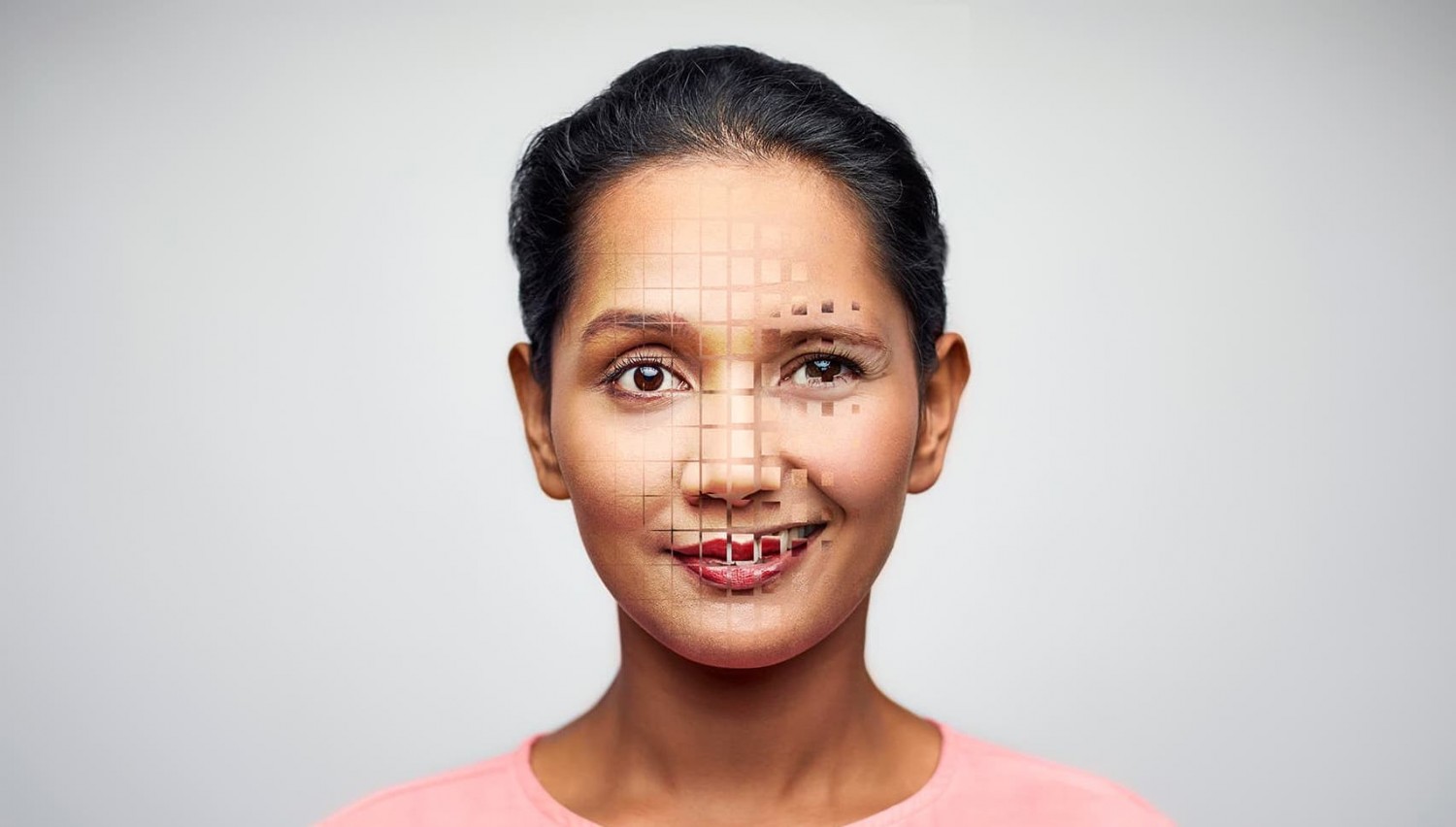AI-generated content poses many dangers to India, especially during election season, say authorities in the country.
Social media companies will be held accountable for AI-generated “deepfakes” posted on their platforms as India prepares for a general election this year, said Rajeev Chandrasekhar, minister of state for electronics and IT.
According to him, India had “woken up earlier” to the danger posed by deepfakes than other countries because of the size of its online population.
As many as 870mn people are connected to the internet in India while 600mn use social media out of a total population of 1.4bn.
“We are the world’s largest democracy [and] we are obviously deeply concerned about the impact of cross-border actors using disinformation, using misinformation, using deepfakes to cause problems in our democracy. We have been alert to this earlier than most countries because it impacts us in bad ways much more than smaller countries,”
Chandrasekhar told The Financial Times (FT).
Researchers warn that deepfakes — human images created by cheap artificial intelligence tools — are a growing threat to democracies. Fake videos have already been used to influence politics and elections in the UK, Bangladesh, Nigeria, Sudan and Slovakia, the FT notes.
In late December, Indian authorities published and sent to social media and messaging platforms active in the country (among them YouTube, X, WhatsApp*, Telegram, Snap and local social network Koo) a requirement to comply with Indian law on illegal content and to clearly indicate this in terms of service and user agreements.
Platforms are required to identify and remove deepfakes and "misinformation which is patently false, untrue or misleading in nature."
India’s IT rules, drafted in 2021, also outlaw content that is deemed harmful to children, threatens national security or spreads misinformation.
India is one of the biggest global markets for WhatsApp and Facebook*, as well as Google and its YouTube video channel. Civil society groups accuse Narendra Modi’s government of overzealousness in its policing of the internet, which they say is part of India’s broader crackdown on freedom of expression.
“We love innovation, we will encourage innovation, but we want to protect our small businesses and users,”
— Rajeev Chandrasekhar noted. He added that the removal of child sexual abuse material, deepfakes or patent violating content "cannot be argued asanybody’s infringement of anybody’s rights.”
India is leading this charge, “where platforms are being asked to take more and more responsibility and be more accountable for anything illegal that happens on their platform,” he said.
*owned by Meta which is banned and designated as extremist in Russia
Source: The Financial Times




